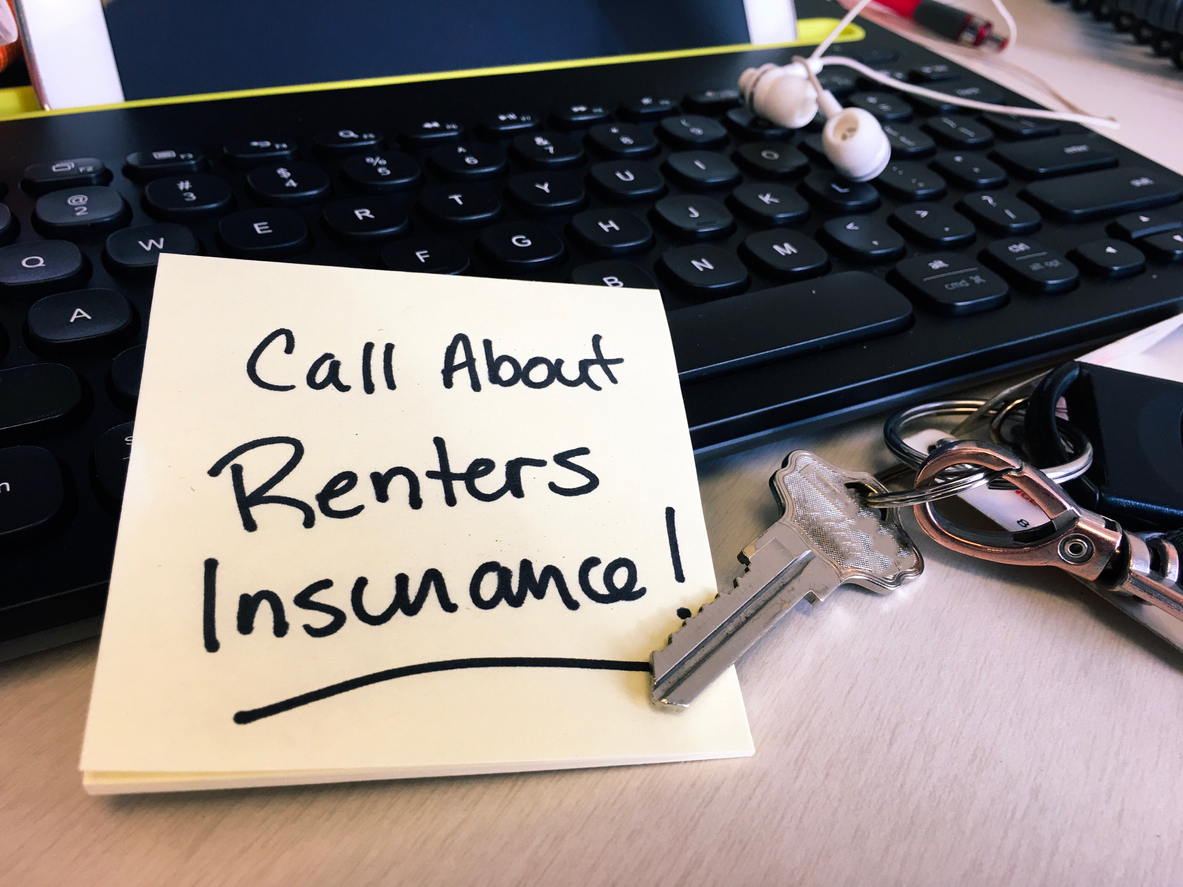Determining how Monoline Insurance differs from Standard Insurance is essential to picking the right package. Purchasing insurance often involves choosing between monoline and package policies. Each has advantages and disadvantages, and knowing what each offers is crucial to getting appropriate coverage without spending too much.
As the name implies, monoline insurance consists only of a single type of coverage. In the case of monoline property insurance, for example, coverage extends only to property protection.
With a package policy, policyholders get coverage for several risks, such as property and liability insurance. Getting a package policy is usually cheaper than getting individual insurance for all the possible risks and exposures.
Homeowner and tenant insurance usually comes in the form of package policies. These typically cover property, liability, theft insurance, and medical payments for third-party injuries.
Homeowners’ and tenants’ insurance can offer only basic coverage. But they also come in comprehensive packages with correspondingly high premiums. The broader coverage for potential risks to property and possessions makes them more expensive than other types of insurance.
Many business owners opt for more straightforward monoline insurance options, while others prefer the broader coverage package insurance provides. Making the decision based on awareness of the possible risk exposures is essential.
Some plans may exclude certain coverages, such as earthquake damage or power loss. But anyone can add this to a basic plan by paying an additional premium.
Depending on the need, some business owners may opt to exclude off-premises theft. It can make the total premiums more affordable for the business owner.
Some coverages receive exclusions from most policies as standard. A good example is flood insurance, which is usually not included in homeowners’ and tenants’ insurance policies. Those who wish to have coverage for such risks can purchase the appropriate coverage from a federal insurance program.
Choosing the insurance to purchase can become confusing. Likewise, there is a decision about whether to go with a monoline or a more comprehensive plan. Even just homeowners policies comprise many different types, making it difficult to determine the extent of coverage provided.
Some coverages that standard policies offer:
Basic Homeowners Policy
This policy protects homes and their contents against the following risk exposures:
- Fire, lightning, and smoke damage
- Hail and windstorm
- Theft/burglary
- Explosions
- Vehicular and aircraft damage
- Bodily injury
- Third-party property damage
- Vandalism
- Medical payments
- Personal property
- Additional living expenses
Broad Form Policy
It offers more comprehensive coverage than basic homeowners policies. Apart from the risks listed in basic policies, this also protects against the following:
- Falling objects
- Ice, snow, and sleet weight
- Water damage from faulty plumbing and HVAC systems
- Frozen plumbing
- Electrical damage to appliances
Special Form Policy. Homeowners’ insurers commonly offer it. It covers most loss-related risks that may occur in a home. However, most exclude the following:
- Flood
- Earthquake
- War
- Nuclear accident
Tenants and Cooperative Policies. These protect against damage that may occur to the contents of rental property. It also covers the policyholder’s personal liability in the event of personal injury or property damage resulting from insured properties.
Comprehensive Form Policy. It provides similar protection as the Special Form Policy. It also covers the loss of personal possessions, except when caused by excluded risks.
Condominium Policies. It covers property and contents against alterations and improvements and damage caused by appliances and fixtures.
Ultimately, only the client or prospective policyholder can decide which plan is right for them. It is vital to check the existing policy, if any, and compare it against a new policy they are thinking about purchasing. It will help them determine the covered and excluded risks.
About Snyder Specialty
Snyder Specialty, LLC is a New York-based underwriting facility that provides a range of property and liability solutions for personal and commercial lines. Specializing in coastal properties and hard-to-place risks, Snyder Specialty expands your current capabilities with proven solutions for complex risks. Find out more about the company’s range of services by calling (718) 362-8039.



